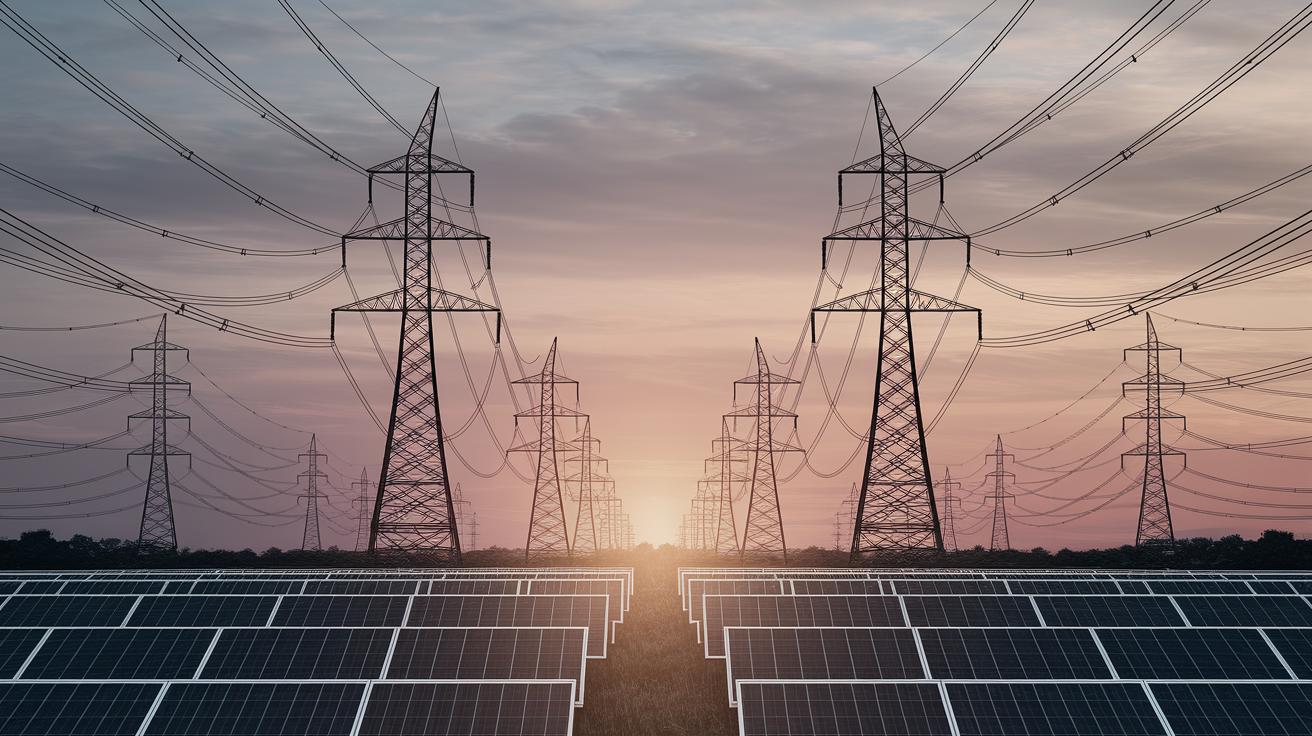The Role of Cybersecurity in Energy Networks
The evolution of energy networks towards digitalisation has sparked a heightened concern for cybersecurity within the sector. As energy systems become increasingly interconnected and reliant on advanced technology, the potential risks posed by cyber threats grow exponentially. This blog post explores the pivotal role cybersecurity plays in ensuring the resilience and integrity of energy networks. We will delve into the challenges posed by digitalisation, the regulatory frameworks like the network code on cybersecurity, and strategies for overcoming these challenges. Additionally, we’ll provide resources for further reading and exploration of the topic.
Ensuring resilience in the energy sector
The energy sector is a vital component of national infrastructure, responsible for powering homes, businesses, and essential services. Ensuring the resilience of this sector is paramount, as any disruption can have widespread and catastrophic consequences. Cybersecurity plays a crucial role in protecting energy networks from a variety of threats, including cyberattacks that can disrupt operations or lead to the theft of sensitive data.
Investment in robust cybersecurity measures is essential for safeguarding the continuity of energy services. This involves preparing for potential threats, implementing advanced security protocols, and continuously monitoring networks for irregular activities. By prioritizing cybersecurity, the energy sector can enhance its resilience, reduce vulnerabilities, and ensure it can respond effectively to any incidents that may occur.
Digitalisation and cybersecurity
The transition towards digitalisation in the energy sector has introduced numerous efficiencies and opportunities for innovation. However, it has also expanded the attack surface for potential cyber threats. The integration of smart grids, Internet of Things (IoT) devices, and cloud computing solutions into energy networks increases the complexity of defending these systems from attacks.
Addressing these challenges requires a comprehensive cybersecurity strategy that considers the unique aspects of digitalisation. This involves not only technical solutions, such as encryption and intrusion detection systems, but also fostering a culture of security awareness among all stakeholders. By adopting a holistic approach to cybersecurity in the context of digitalisation, energy networks can mitigate risks and maintain operational integrity.
Tackling cybersecurity challenges
One of the primary challenges in energy network cybersecurity is the evolving nature of cyber threats. As technology advances, so too do the capabilities of malicious actors seeking to exploit vulnerabilities in energy systems. Staying ahead of these threats requires continuous innovation in security practices and the development of resilient infrastructure.
Collaboration across industry sectors and government agencies is vital in tackling these challenges. Sharing information about potential threats, best practices, and successful mitigation strategies can enhance the overall security posture of the energy sector. Additionally, investing in talent development and training is crucial for building a workforce capable of addressing the complex cybersecurity needs of modern energy networks.
Network code on cybersecurity
Regulatory frameworks, such as the network code on cybersecurity, provide a structured approach to managing cybersecurity risks within the energy sector. These codes establish standards and guidelines that energy providers must adhere to, ensuring a baseline level of security across the industry. Compliance with these regulations helps unify efforts to protect energy networks and facilitates a coordinated response to incidents.
These frameworks not only support the security of individual companies but enhance systemic resilience by promoting interoperability and information exchange. As the regulatory landscape continues to evolve, it’s crucial for energy providers to stay informed and adapt to new requirements. Maintaining compliance with the network code is essential for safeguarding both organisational assets and the reliability of energy services nationwide.
Related links
-
Cybersecurity and Infrastructure Security Agency: Energy Sector
-
U.S. Department of Energy: Energy Sector Cybersecurity Preparedness
-
ENEA: Network Code on Cybersecurity
Summary of main points
| Topic | Main Points |
|---|---|
| Ensuring resilience in the energy sector | Cybersecurity is essential for maintaining energy network resilience; investment in security protocols and threat monitoring is crucial. |
| Digitalisation and cybersecurity | Digitalisation expands the attack surface; security strategies must adapt to include technical measures and security awareness. |
| Tackling cybersecurity challenges | Cyber threats are evolving; industry collaboration and talent development are key to addressing complexities. |
| Network code on cybersecurity | Regulatory frameworks provide a structured approach; compliance ensures baseline security and system-wide resilience. |


